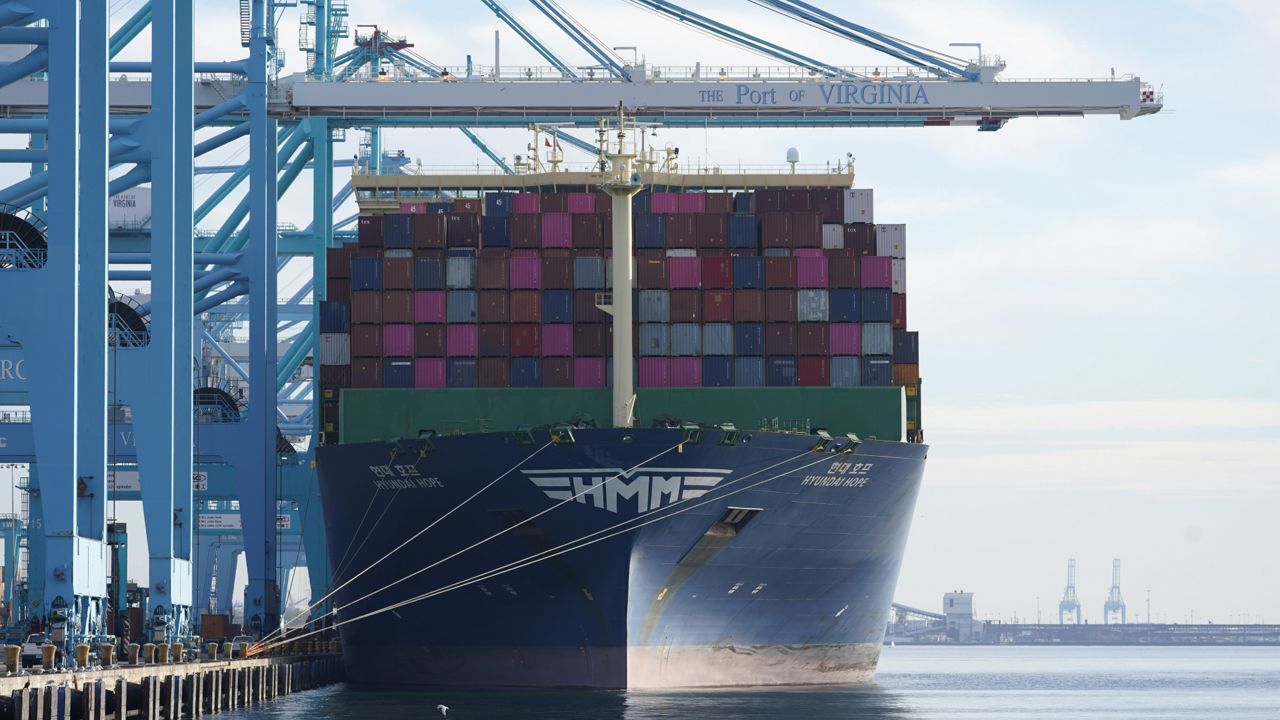The Department of Transportation on Friday announced the recipients of $12.6 million in grant money from America’s Marine Highway Program (AMHP), funds that aim to address supply chain backlogs while also modernizing water traffic infrastructure.
The AMHP’s overarching goal is to capitalize on the country’s roughly 29,000 miles of navigable waterways — including oceans, lakes, bays, rivers and channels — to, in part, reduce traffic congestion and pollution on land.
“These investments through the America’s Marine Highway Program will help us move more goods, more quickly and more efficiently,” Transportation Secretary Pete Buttigieg wrote in a statement. “In this moment of record demand for goods and shipping, this is an important piece of the Administration’s Port Action Plan to strengthen supply chains, modernize port operations, and lower the cost of goods for American families.”
The grants announced Friday will be split between nine projects across Delaware, Hawaii, Indiana, Kentucky, Louisiana, North Carolina, New York, New Jersey, Tennessee, Texas, and Virginia.
All grant recipients must follow the Buy American Act, which requires federal agencies to purchase only domestic goods and materials (under certain conditions).
The largest grant, just over $3 million, was awarded to Virginia’s James River Container Expansion Project, an initiative sponsored by the state Port Authority to expand operation capacity and increase lighting at the Richmond Marine Terminal.
Texas received the second-highest grant at $3 million, giving Chamber County funds to purchase two new barges. The government expects the barges to transport an annual 56,000 containers to nearby ports.
New York and New Jersey received a little over $1.4 million to modify a deck barge that will transport trailers between Brooklyn and Newark 260 days of the year.
North Carolina was awarded a little over $1 million for a similar equipment upgrade project, which will include the purchase of a crawler crane, spreader bars and a forklift so cargo can be transported from the Port of Virginia to Edenton via waterway instead of land.
The federal government has faced mounting pressure to address supply chain disruptions and labor shortages, issues that contributed to widespread price increases on goods and services across the country.
Numerous ports experienced bottlenecks and backlogs in recent months, leading Biden to launch a Supply Chain Disruption Task Force in June. In early November, Biden took further action when he allowed port authorities nationwide to repurpose any cost savings towards supply chain challenges, and negotiated a deal for the Port of Los Angeles to operate 24 hours, seven days a week.
Biden’s recently signed bipartisan infrastructure law includes an additional $25 million for marine highway projects.



